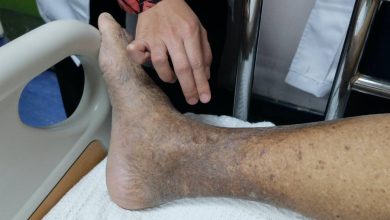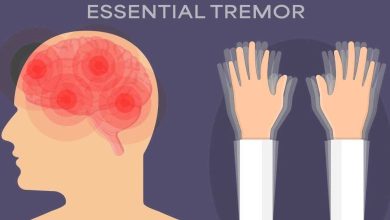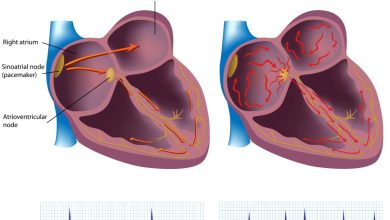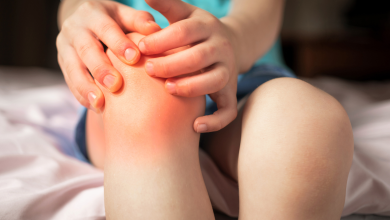Eczema Causes, Symptoms, Diagnosis and Treatment
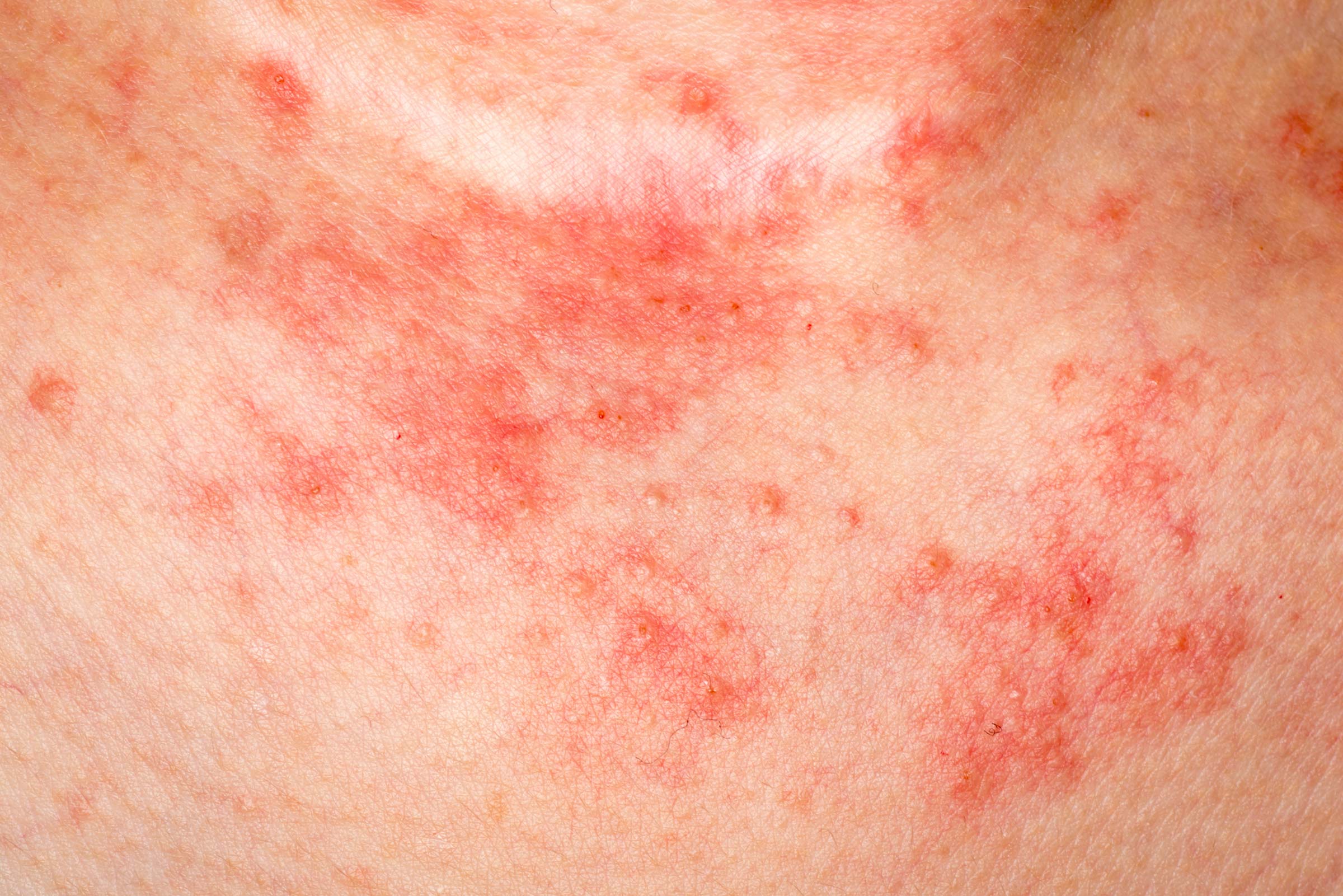
What is Eczema?
Eczema is a common skin disease that can affect almost anybody. The most regular form of eczema is also known as Atopic Dermatitis. Children are possible to get eczema in their first year itself. Symptoms are generally dry and scaly skin patches on scalp, forehead and face. This can cause serious itchiness, loss of sleep and further infections of skin. This type of eczema in children is complicated to eradicate. So, proper skin care must be taken at an early stage.
Infants generally build up Eczema in their first year of life. Itchiness starts from 2-3 months of age. The skin becomes dry and flaky. Generally it occurs in cheek and scalp. Sometimes, small sores can be seen with secretions. Children generally rub their body parts against bed, which exposes them more to the risk of other skin of infections. Sometimes it is thought that the disease is caused from diaper infection, which is a misconception. Children from two years to teenagers frequently experience rash and itching in elbows and knees. At this age, eczema symptoms are usually visible on shoulder, heel, wrist and seat area. Sometimes, areas of temporary skin discoloration may appear. The affected skin area may become thickened due to excessive itching.
Symptoms of Eczema
Like in any disease, eczema has its symptoms as well. The major symptoms if eczema is a red, dry and inflamed skin. The main characteristic of eczema is itching. In the areas affected by eczema you can as well see small blisters, filled with fluid that can become crusted in time. The main body parts that are affected by eczema are the face, hands, elbows and the back part of your knees. Though, eczema can cover almost all your body.
Various people have a very mild form of eczema and one main symptom of eczema is dry itchy skin while serious cases of eczema can experience broken bleeding skin. Several people are bothered by looking at the eczema that some male and female have but do not be alarmed.
Signs and symptoms of eczema may include:
- Itching. This is the worst aspect because it can be upsetting for the youngster. It also makes the child scratch causing more rawness of the skin and potential infections to develop.
- Redness caused by extra blood flowing through the blood vessels in the skin in the affected area.
- A grainy appearance to the skin, caused by small fluid full blisters just under the skin called “vesicles.”
- Weeping when the blisters burst, also by themselves or because of scratching, and the fluid oozes on to the surface of the skin.
- Crusts or scabs that form when the fluid dries.
- Pale patches of skin may come out because eczema can disturb the creation of pigment which controls skin colour. The effect does fade and disappear.
- Children with eczema normally have dry, scaly skin. This may be the effect of the disease or it may also be the natural skin type of the family. Dry skin can be a predisposing factor to increasing eczema.
- Lichenification – a leathery, thicker skin area in response to scratching.
Causes of Eczema
The causes of eczema are not yet completely known. Experts relate eczema to different genetic and environmental factors. Children who grow up in cleaner environment are more possible to catch eczema. Because these children have not been sufficiently exposed to the environment they don’t build up immunity. Children born to female over thirty-five have greater chance to grow eczema. Eczema is also caused from Asthma and Allergies. Eczema is moreover more visible in people in cities, may be due to pollution.
Causes of Eczema
- Most medical experts believe that eczema has something to do with our immune system’s reaction to different triggers.
- Also, this is a kind of a genetically related condition because of one’s family history of allergies.
- Coarse or rough fabrics can be the cause of eczema too. Thus, the itch that rash appears when someone’s skin comes in close contact with certain clothes, particularly if you have dry and irritated skin.
- Some people are rather sensitive to temperatures, moreover too cold or too hot. So, being in such an environment, a individual may build up eczema.
- At last, stress is well-known as another eczema trigger. That is why, it is essential that you get enough rest and peaceful mind.
Eczema has numerous causes. Some individuals suffering an outbreak after contact with some chemicals like those found in laundry detergent and makeup. Further experience an outbreak after skin contact is made with allergens, such as pet dander, dust, and mold.
Diagnosis of Eczema
An early diagnosis of eczema is generally made founded on what the skin looks like. Choose areas of the body are considered to be eczema-sensitive areas, for instance the face, the chest and skin creases. When skin in these areas of the body is itchy, swollen red, or dry, this will lead doctors to believe eczema is the cause.
Many times, a good dermatologist will exactly diagnose the fundamental cause of personally your eczema. There are also exact tests for diagnosis of eczema, such as checking your blood for any allergen levels or skin patch testing applying suspected irritants to the skin for observing an allergic effect. In a word, here is how to get rid of eczema with proper treatment, in order to forget about that nightmare once and for all.
Once you have your exact diagnosis of eczema and were informed by your doctor of the symptoms connected with your exact diagnosis, it is only by then that you can prefer which eczema cream will work best for you.
Treatment for Eczema
As of today, there is yet known cure for Eczema. On the other hand, there are several different types of treatments for Eczema which plan to maintain the breakout, diminish swelling or inflammation, and relieve itching or discomfort.
Eczema breakouts are normally treated by using a corticosteroid medicine. In some cases, the medication is in the form of a lotion, ointment, or cream. These types of medications do not treat Eczema breakouts but they are shown to cause a great improvement in the breakout. Corticosteroid medications work by reducing redness, reduce itching, and repressing other symptoms resultant of the Eczema.
Most treatments for eczema are intended to lessen the inflammation and relive the itching, as well as prevent their recurrence and flare-ups in the future. Due to the dissimilar probable causes of eczema, it is hard to have one standard treatment for eczema. The good thing is that the different things you can do to ease the symptoms commonly work on all but the most severe of cases.
Avoid using detergents as much as potential. Detergents can make worse the skin irritation eczema sufferers are subjected to. Most detergents are made from petrochemicals, which enhance the skin membrane’s permeability. Sodium lauryl sulphate, for example, which is a regular household detergent, has been shown to increase the penetration of antigens on your skin.
Eczema 100% Effective Treatment
One must know that most treatment of eczema are purposed to also reduce the inflammation or reduce the itching. More so, dermatologists try to stop its recurrence and flare-ups in the future. On the other hand, different probable causes of eczema make it hard to find 1 standard treatment for eczema.
Stop using detergents and cleansers, as they are powerful skin irritators. Most of them are made of petrochemicals that enhance your skin membrane’s permeability. As for the face and body cleaning, choose common water instead of particular cosmetic cleansers.
Moisturize your skin as much as possible, because dry skin is a worsening eczema factor. For that reason, use aqueous creams, moisturizing body washes, emollients and thick ointments instead of soaps and so on. Apply lotions directly after bathing and you will lock in the moisture. This and that way, you will keep your skin’s natural oils in balance.
Try antihistamines & anti-inflammation creams, as they block the impact of histamines in your body and prevent allergic symptoms. You may use particularly effective diphenhydramine, hydroxine or cyproheptadine. By stopping the itching you will avoid the risk of skin infection and breakage.
Bathing is extremely recommended for keeping your skin normal. The golden rules for further results are: warm water and emollient bath oils, no long and hot showers, no soaps and no fragrant products, no bubble baths and no rubbing with a towel.
Related Articles:
Melasma Causes, Symptoms, Diagnosis and Treatment
Oedema Causes, Symptoms, Diagnosis and Treatment
Tinea Pedis Causes, Symptoms, Diagnosis and Treatment
Tinea Faciei Causes, Symptoms, Diagnosis and Treatment
Thrombophlebitis Causes, Symptoms, Diagnosis and Treatment
Thrombocytopenia Causes, Symptoms, Diagnosis and Treatment
Torticollis Causes, Symptoms, Diagnosis and Treatment
Toxic Shock Syndrome Causes, Symptoms, Diagnosis and Treatment
Tarsal Cyst Causes, Symptoms, Diagnosis and Treatment
By : Natural Health News

